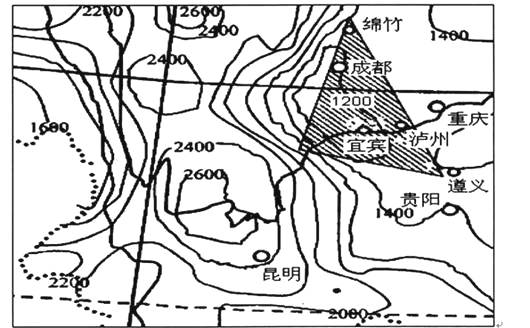问题
单项选择题
| 燕子是一种候鸟,每年春天,它们都要从低纬度地区向高纬度地区转移。这是老幼皆知的常识。然而,古代的人们对燕子在冬天的去向一无所知。 在2400年前,古希腊的哲学家、科学家亚里士多德曾下了个结论:燕子在沼泽地带的冰下过冬。多少个世纪以来,人们把这一结论当作真理。直到18世纪,一位叫布韦的科学工作者提出质疑,并把五只燕子放进冰窖里,结果燕子都被冻死。实验证实了亚里士多德的结论是错误的。 瑞士北部有个补鞋匠,他家里飞来一只雌燕,在屋檐下筑巢,每年秋天总要飞走,补鞋匠为弄清它的去向,写了一张字条缚在燕子的跗骨上,纸条上写的是:燕子,请告诉我,你在何处过冬 第二年春天,燕子归来,补鞋匠发现有了一张新的字条,上面写着:它在雅典安托万家过冬。 这件事传开了,研究人员开始给燕子记标放飞,逐渐掌握了燕子的迁徙规律。 如果不是补鞋匠,要弄清世界各地燕子的迁徙规律不知还要晚多少年。 |
小宇一直住在哪儿
A.亲戚家
B.父母家
C.邻居家
D.奶奶家
答案
参考答案:D

